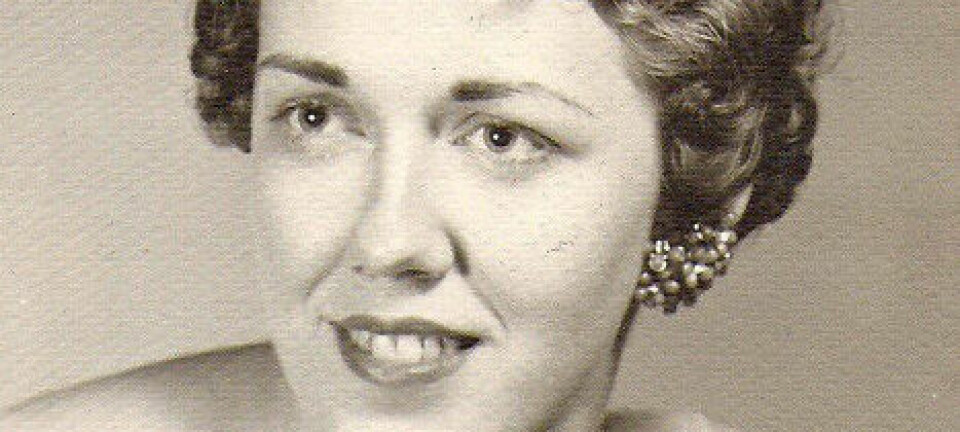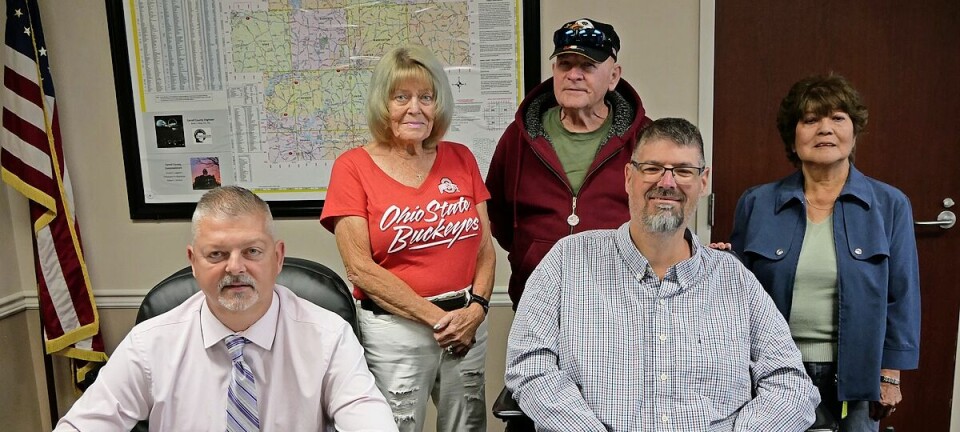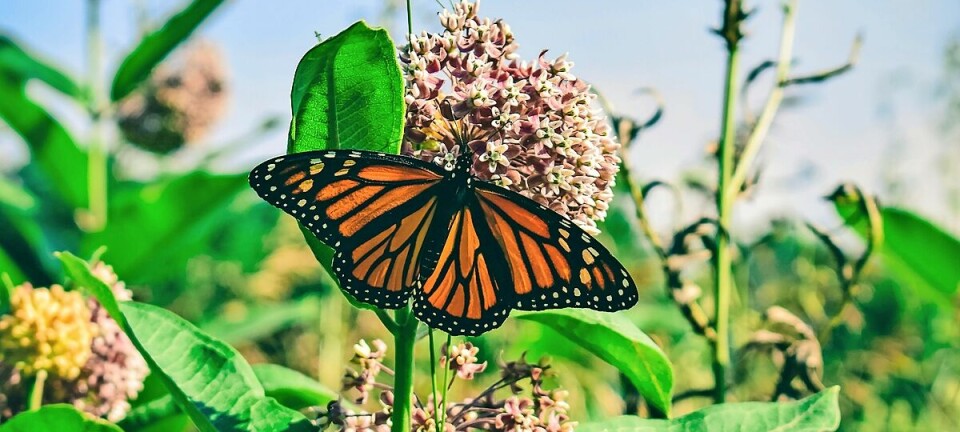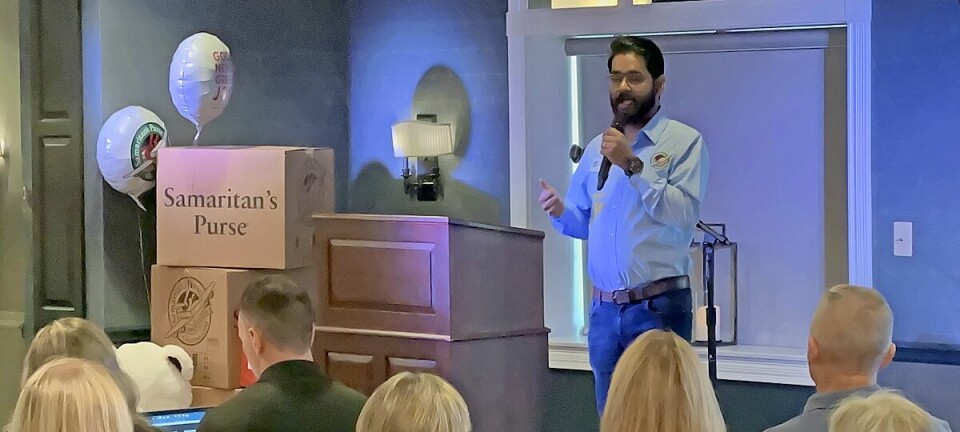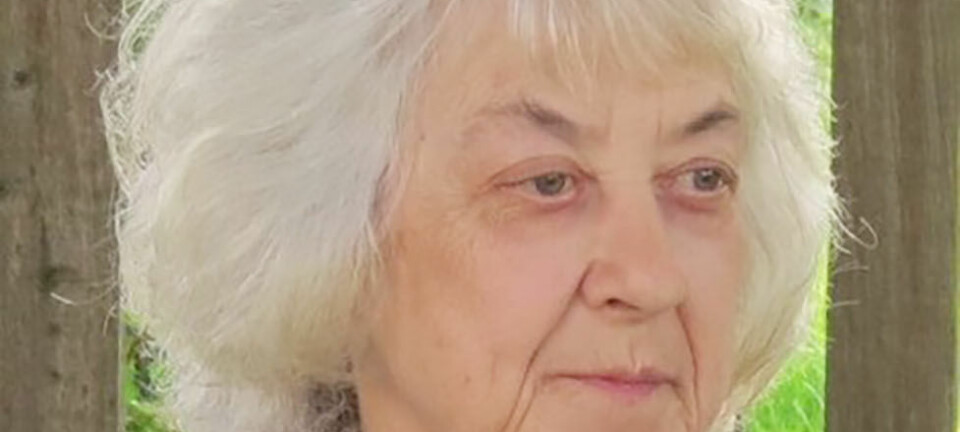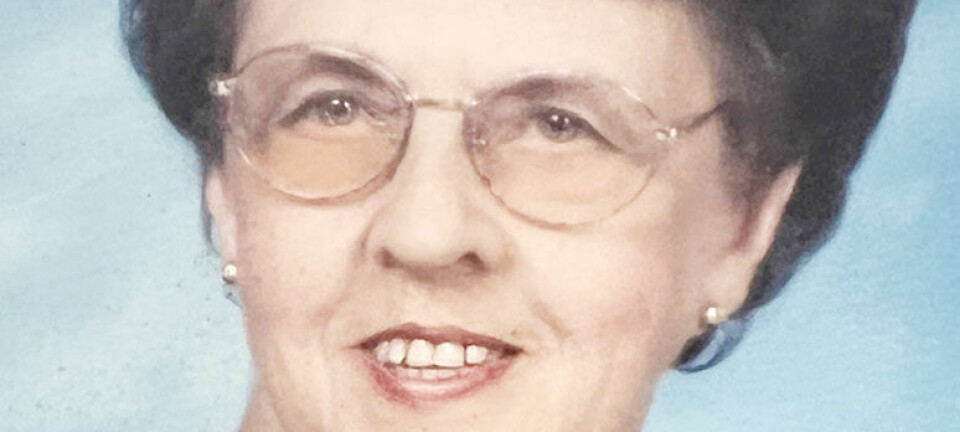Matsuzaki is a student ambassador

College of Wooster junior Rie Matsuzaki has traveled and lived in places around the world, and it’s that kind of experience she shares through her role as a student ambassador through the college’s center for diversity and inclusion’s Student Ambassadors program.
“I am thrilled to share my culture with the Wooster community,” the neurobiology major said.
Wooster believes that achieving its educational purpose in today’s complex and interdependent world is only possible through a diverse community of learners. With the Student Ambassadors program, the college seeks to extend the benefits of learning beyond the campus and into the community.
With this goal in mind, four international/global ambassadors have been selected as cultural representatives to the greater Wooster community. The ambassadors create interactive presentations covering their countries, cultures and current events.
Matsuzaki’s passport identifies her as Japanese. However, she points out that she is much more than that. She spent her childhood not only in Japan, but also in Singapore, the U.K. and Portugal as her family moved about due to her father’s job in business. She said this experience has allowed her to view her country both as a native as well as an outsider.
“I’ve been very fortunate to be able to gain a lot of perspective on different cultures,” she said.
Originally hailing from Kobe, Japan (near Osaka), Matsuzaki was drawn to colleges in the United States.
“I wanted to study in the United States because of the liberal arts colleges and smaller schools,” she said.
Matsuzaki said she has been happy with her decision.
One observation she makes is how different the relationship between students and teachers is here as opposed to in Japan.
“I can’t believe how casual it is here,” she said. “People just wander into class late and contradict their professors, and it’s alright.”
Matsuzaki has been giving her presentations to community groups around Wooster including elementary schools, nursing homes, Local Roots, Boys and Girls Club, and so on.
She said “it is very interesting to see their reactions.”
Matsuzaki said that in one presentation to an elementary school, one boy wanted to go to Pokémon Center in Japan. “He was really serious,” she said. “He even asked me for the address.”
Another thing the students get a kick out of is the origami paper boat she teaches them to make in one presentation.
Matsuzaki identifies several cultural contrasts between her native Japan and the United States. “For one thing,” she said, “Japan is really not good at gender issues yet.”
She said LGBTQ issues are not addressed in the open in Japan.
However, Matsuzaki said Japan doesn’t differ that much from the rest of the world when it comes to social media.
“We call it communication disorder, where people can talk online but not in person,” she said.
As far as the students’ presentations, the ambassadors’ topics are identified and researched over the summer, Matsuzaki said, and then first made as presentations to their advisors.
“Then and throughout the year we receive feedback from them for polishing our presentations,” Matsuzaki said.
One of her presentations is “Just a Peek at Nippon: All about Japan.” From the population to seasons of the year, this presentation will allow listeners to get a grasp of what Japan is like. By the end those in attendance will know how to greet someone in Japanese.
“Can You Pick Up a Bean with Chopsticks? Food Culture in Japan” discusses Japanese food. Sushi? Tempura? Matcha? What is your favorite Japanese food? As a person who loves to eat, talking about food is an inevitable topic, and this presentation explores the table manners and various kinds of Japanese food.
“You Don’t Know Your Blood Type? I Don’t Know My Religion” is a presentation that discusses how religion is not a familiar topic for the Japanese community.
“Why It Is Taboo to Say ‘Thank You’ to a Compliment” discusses personal and cultural identities in Japan and explores cultural differences in areas like education and psychological conceptions of self at home and in the larger society.
“From Simplicity to Kawaii: The Evolution of Japanese Art” peeks into the history of Japanese art.
Matsuzaki also is involved with the campus food club, Let’s Talk about Food, as well as the College Chorus. In addition she works as a resident assistant in one of the campus dormitories.





